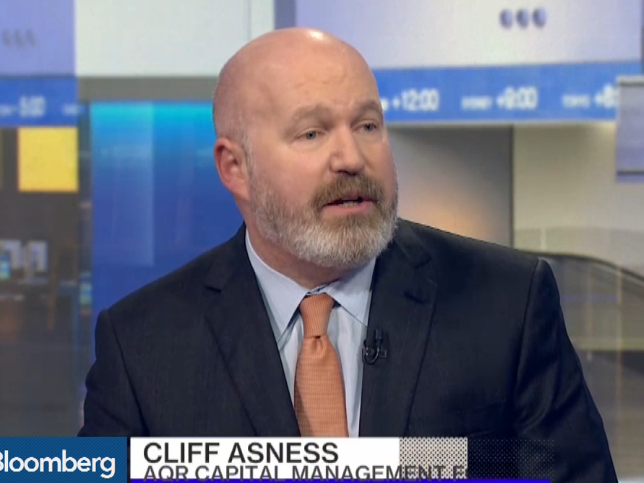by Clifford Asness, Ph. D. AQR Capital Management, Inc.
Our new paper The Premature Demonization of Stock Repurchases dives into the topical, and controversial, issue of share repurchases. This is one of those “people get quite hysterical about but there’s much less going on here than people think” type papers. Here’s why.
Buybacks in classical finance theory should be neutral (Modigliani and Miller). Once information asymmetries and principal-agent problems are introduced, one can argue that buybacks become a positive (they convey managers’ private information or constrain empire building). The data seems to support this view. Yet many have argued that the large amount of buybacks in the last few years (we also challenge how large they really are when properly adjusted for market size) are a dire threat to the economy starving investment that benefits all for the enrichment of corporate management.
We don’t find much of that in theory or fact. Here, perhaps most basically, we don’t find that buybacks have come at the expense of investment. Instead, the source of the cash used for these buybacks has largely been new borrowing. In other words, what looks like a self-liquidation to pay shareholders is really an equity-for-debt swap, likely motivated by corporate treasurers’ belief that bonds are more expensive than equities. Basically, we find that despite the (often politically tinged) histrionics there is no “there there” regarding the negative impact of recent repurchase activity. People should calm down about this issue.
This post was originally published at AQR Capital
Copyright © AQR Capital











